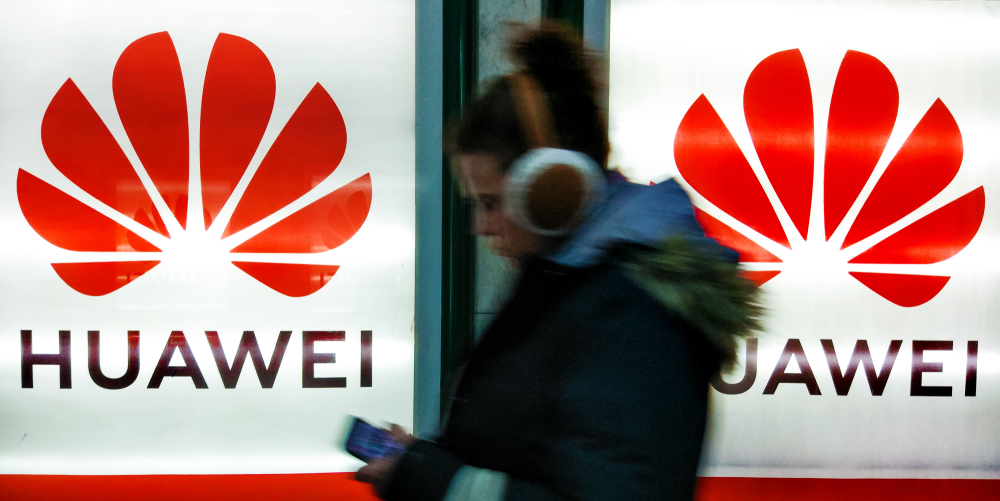Huawei Lawsuit Against the US Says Equipment Ban Is Unconstitutional
Huawei is suing the U.S. government over a ban preventing federal agencies from purchasing its products. In its lawsuit filed Thursday local time, the company said the ban is unconstitutional because it violates its right to due process, which is enshrined by the Fifth and Fourteenth Amendments.
The ban was issued in August as part of the National Defense Authorization Act (NDAA) of 2018, (which also banned agencies from buying equipment from ZTE). Huawei claims the section of the NDAA related to the ban is a "bill of attainder" that violates its rights.
Essentially Huawei's argument is that because it was never presented the evidence against it or found guilty of a crime, the U.S. government didn't abide by the due process required by the U.S. Constitution. Now, it's up to a federal court to consider the case.
This lawsuit wouldn't threaten the NDAA itself--the court could simply invalidate the section related to the Huawei ban. If it did, the company would be able to negotiate with federal agencies to see if they want to purchase any of its networking equipment.
That seems unlikely, though, because governments around the world are banning Huawei's equipment from their networks entirely. Reports also indicated that U.S. President Donald Trump wanted to extend the ban from federal agencies to the U.S. at large.
The U.S. has also indicted Huawei CFO Meng Wanzhou for allegedly skirting economic sanctions on Iran. Wanzhou was arrested in Canada in December 2018, and although she's currently suing the Canadian government for allegedly violating her right to due process (a theme here), she could still be extradited to the U.S.
Get Tom's Hardware's best news and in-depth reviews, straight to your inbox.

Nathaniel Mott is a freelance news and features writer for Tom's Hardware US, covering breaking news, security, and the silliest aspects of the tech industry.
